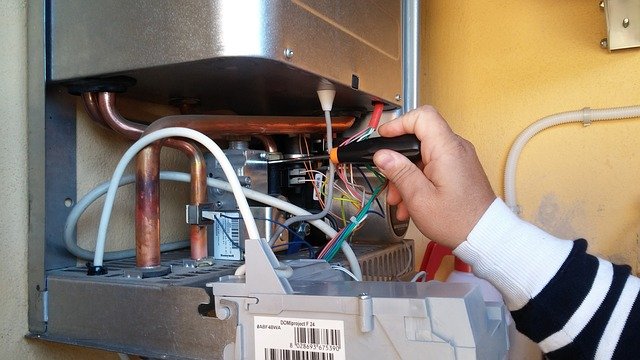In the heart of Mississippi, where summer heat can be relentless, maintaining a cool and comfortable home is paramount. However, what happens when your trusted air conditioning unit decides to falter unexpectedly? In such moments, having access to reliable 24/7 AC repair services Mississippi becomes not just a convenience, but a lifeline. Let’s explore some cozy solutions to ensure your comfort remains uninterrupted, even amidst the sweltering Southern heat, with a special focus on the necessity of 24/7 AC repair in Mississippi.
- Emergency Preparedness:
Mississippi’s climate can be unforgiving, especially during the scorching summer months. When your AC system breaks down, waiting until the next business day for repairs is simply not an option. This is where the importance of 24/7 AC repair services shines. With around-the-clock availability, these services ensure that regardless of the time or day, help is just a phone call away. Whether it’s a malfunctioning compressor or a faulty thermostat, having a team of skilled technicians ready to address the issue promptly can make all the difference in restoring comfort to your home. - Proactive Maintenance:
While emergencies are inevitable, proactive maintenance can significantly reduce the likelihood of sudden breakdowns. Regular servicing of your AC unit not only improves its efficiency but also helps identify potential issues before they escalate. From cleaning filters to checking refrigerant levels, these preventive measures can extend the lifespan of your system and minimize the need for emergency repairs. Partnering with a reputable HVAC provider who offers comprehensive maintenance plans can ensure that your cooling system remains in top condition year-round. - Energy-Efficient Upgrades:
Beyond just restoring functionality, 24/7 AC repair services can also offer solutions for enhancing energy efficiency. Older AC units may be prone to inefficiencies, resulting in higher utility bills and increased environmental impact. By upgrading to energy-efficient models or implementing eco-friendly solutions, such as programmable thermostats or zone control systems, you can not only reduce your carbon footprint but also save on long-term operating costs. With the guidance of experienced technicians, you can explore options that best suit your needs and budget, ensuring optimal comfort without compromising sustainability. - Quality Assurance:
When it comes to choosing an AC repair service, quality should always be a top priority. Look for providers with a proven track record of reliability, professionalism, and customer satisfaction. Online reviews and testimonials can offer valuable insights into the experiences of past clients, helping you make an informed decision. Additionally, certifications and accreditations from industry organizations demonstrate a commitment to excellence and adherence to industry standards. By entrusting your AC repair needs to a reputable provider, you can have confidence in the quality of service you receive, 24 hours a day, 7 days a week.
In the heat of a Mississippi summer, a malfunctioning air conditioning unit can quickly turn your cozy oasis into an unbearable sauna. However, with access to reliable 24/7 AC repair services, you can rest assured that help is always within reach. From emergency repairs to proactive maintenance and energy-efficient upgrades, these cozy solutions ensure that your comfort remains uncompromised, regardless of the weather outside. So, when it comes to keeping cool in Pearl, remember to choose a provider that offers round-the-clock support to keep your home comfortable year-round.

